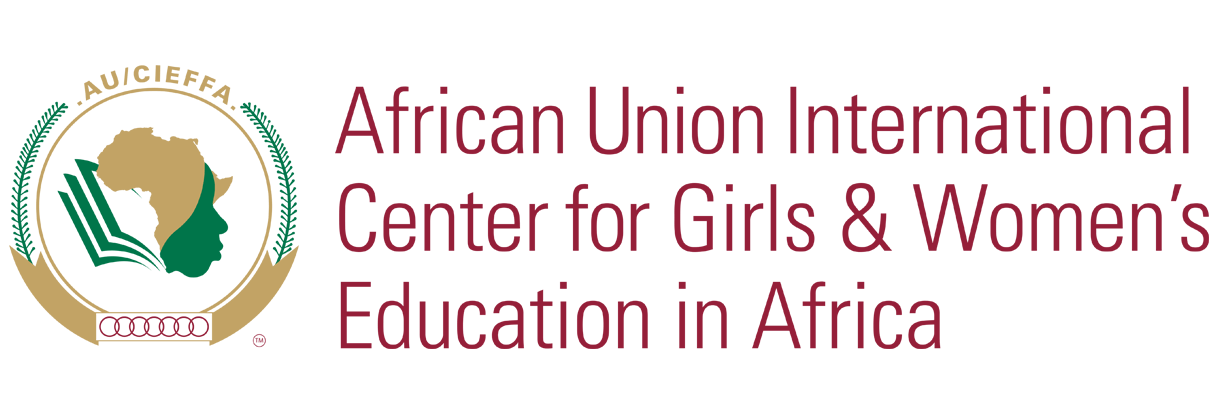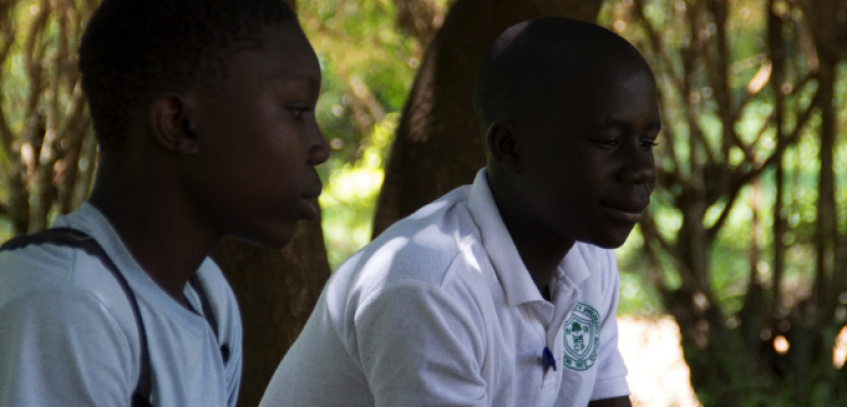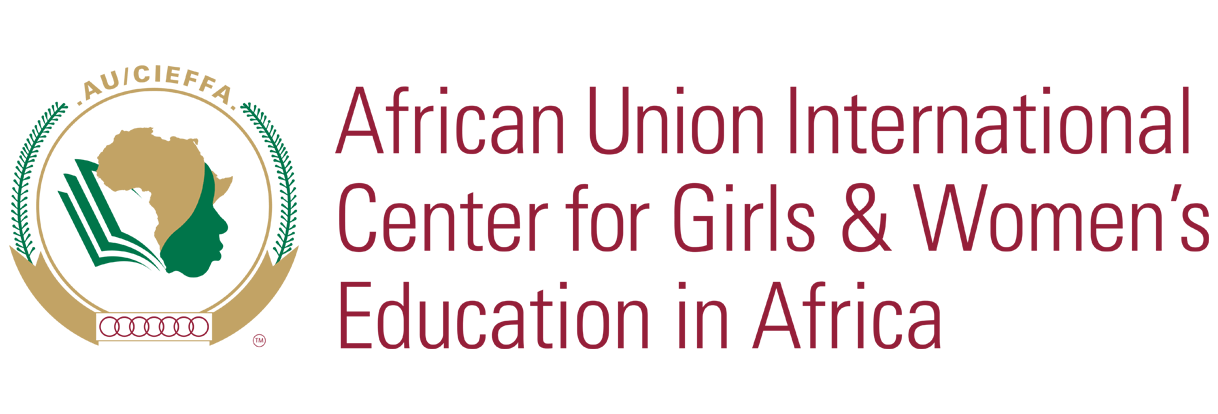It is quiet in the classroom. Everybody is paying close attention to what the teacher is writing on the chalkboard. Today, the English lesson is about parse trees. Then all of a sudden there is a commotion. A couple of boys start laughing loudly, pointing at a girl. Soon, more of the children in the class start giggling.The girl cowers in shame. She just got her period and her green uniform has a red stain. She quickly runs out of the class, followed by one of her friends.
Not long ago, this is exactly how it went in Samuel and Aleu’s class. “And I must admit that I used to laugh along when this happened to a girl,” Aleu (15) confesses honestly. “But at the time I didn’t know what was going on. Now I know better. At the Health Club I learned that it is perfectly normal for a girl to start her period at a certain age. It’s very annoying for her because it also hurts in her stomach.”
Many children in Uganda – both boys and girls – have little knowledge about their own bodies. Girls do not know what is happening to them when they get their period. The first time it happens many think they are ill or even dying. They do not know how to protect themselves. Accidents in the classroom are not uncommon. The result: being laughed at. Because the children who are laughing have no idea what is going on either. They just think it’s weird.
To increase the knowledge children have about such things, Plan International set up a health education programme in Uganda. In addition, after school, children get together in so-called Health Clubs to learn more about the subject and to talk about their experiences.
“I think it’s great we are learning about our bodies,” says Samuel (14). “This way we know what will change as we age, and we learn to stay clean and healthy. I’m keen to learn more about it, that’s why I go to the Health Club after school. We learn that it’s important to wash our hands with soap so we won’t become ill. We have to brush our teeth and wear sandals when we go to the toilet. We also talk about periods at the club. It is normal, nothing to laugh and be mean about. That’s something I also tell the other boys in the class. And I also tell the children in the neighbourhood. I tell the girls next door that they don’t have to be afraid when they get their period. That it’s not abnormal but that it’s just part of life. My sisters are still too young, but I’ll help them when they’re older.”
Not all the boys in the class are like Samuel. “Some boys laugh at me because I help girls. Well, I just tell them that I’ll keep doing it anyway. It is good for me and good for the girls.”
Aleu also ignores the comments from his classmates. “It is good to know more about health. When I am older I want to use this knowledge to become a Health Worker. But I already can help other children at this moment too. In the Health Club we learn what to do when a girl has a problem with blood leaking through. I first take her to the Health Teacher. There she is given an emergency pad. Then I take her to the washroom and go to fetch one of her friends from class. Meanwhile I fetch water from the pump and I give it to the girl’s friend so the girl can wash herself.
Aleu, too, doesn’t just limit his helpfulness to schooltime. “My 13-year old sister doesn’t have her periods yet. But she does have a lot of questions. She wants to know why there is blood and where it comes from. I told her all about this. At home we don’t talk about such things with my parents, so my sister is glad I can teach her about it.”
© Content Credits: Plan International










